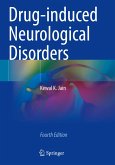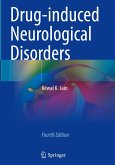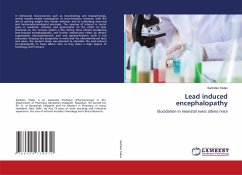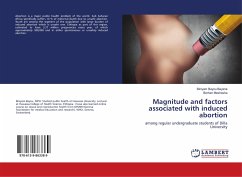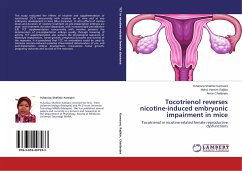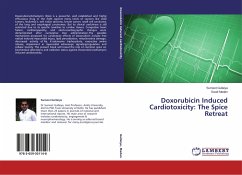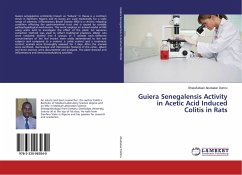Consumption of the larva of Anaphe venata as a source of protein in human diet has been linked with seasonal ataxia in humans. Previous animal studies indicated that extract of the larva induced significant behavoral anomalies in rodents. However, there seems to be dearth of studies on the neuropharmacological basis of the observed behavior. This book presents an outcome of a research establishing the neuropharmacological phenomenon involved in the observed behavioral syndrome in rats. The outcome of the study showed that the extract-induced behaviors in the rats were mediated via mainly Cholinergic, dopaminergic, GABAergic and opioid neural axis. It is suggested that treatment targeted at these systems may be useful in the management of seasonal ataxia in humans.
Bitte wählen Sie Ihr Anliegen aus.
Rechnungen
Retourenschein anfordern
Bestellstatus
Storno


